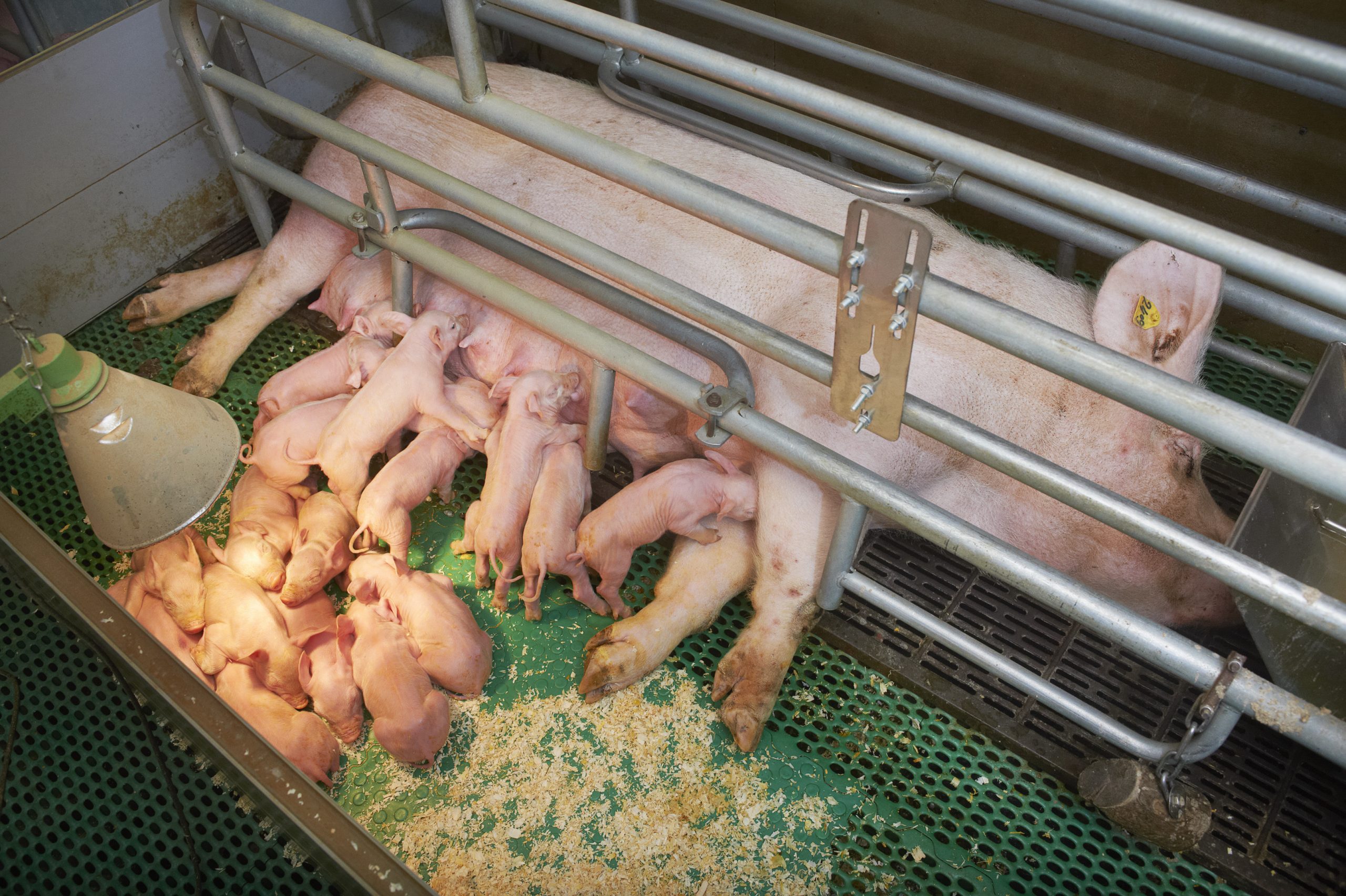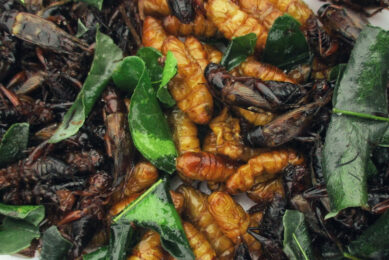PUFA from algae benefits sows and piglets

Supplementation of diets with omega-3 polyunsaturated fatty acids (PUFA) may benefit sow reproductive performance. It can also improve piglet birth weights.
This is according to Brazilian researchers, who published the results in the Journal of Livestock Science.
Benefits of PUFA from algae
The docosahexaenoic acid (DHA) is one of the most important omega-3 PUFA and can be sourced from vegetables, fish and marine oils. Fish oils are the most commonly used sources, but their use may be questioned due to: low availability; inconsistent nutritional profile; risk of contamination by chemicals or pollutants deposited at the sea; and sustainability issues. On the other hand, omega-3 PUFA extracted from algae are non-pathogenic and nontoxigenic, representing a low-cost sustainable source with stable nutritional levels, high lipid content and greater DHA content than vegetable oils.
Effect on sow reproduction and performance
Nevertheless, effects of supplementation with PUFA from algae on metabolism and reproductive performance of sows are not yet known. The objective of the present study was therefore to evaluate the effects of supplementing gestation and lactation diets with heterotrophic microalgae on sow’s reproductive performance and metabolic parameters. The researchers used heterotrophic microalgae Schizochytium sp. Sows (n = 596) were supplemented with this microalgae from the 85th day of gestation, during lactation and until the weaning-estrous interval (WEI). Microalgae were included at 5 levels: 0 (control); 3.5; 7.0; 14.0; and 28.0 g/d.
Increased piglet birth weight
The results showed no effects on stillborn rates. Sows fed 28.0 g/d farrowed heavier piglets than sows fed lower levels, but the WEI for sows fed 7.0 g/d was longer than for the control. Serum levels of triglycerides were decreased during gestation, only for sows supplemented with 14.0 and 28.0 g/d. At the subsequent parity, there was no difference on stillborn rates and total litter size. The highest tested concentration (28.0 g/d) of Schizochytium sp. was associated with reduced serum levels of triglycerides during gestation and with increased piglet birth weight, but the supplementation generally did not benefit sow reproductive performance.
Conclusion
The researchers conclude that supplementation of sow diets with heterotrophic microalgae Schizochytium sp. had no influence on stillborn rates, on the weaning-estrous interval and on total litter size. For sows fed the greatest tested concentration (28.0 g/d), serum levels of triglycerides were reduced during gestation and piglet birth weights were improved.











